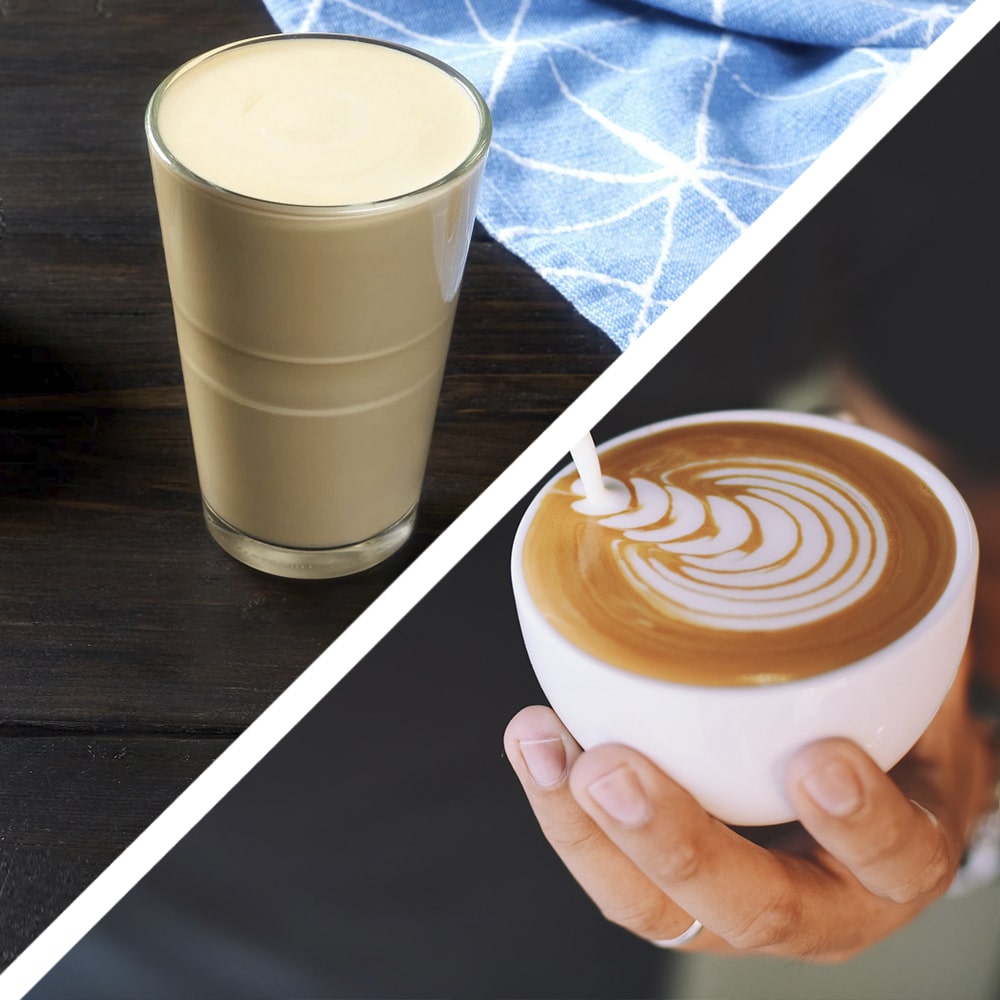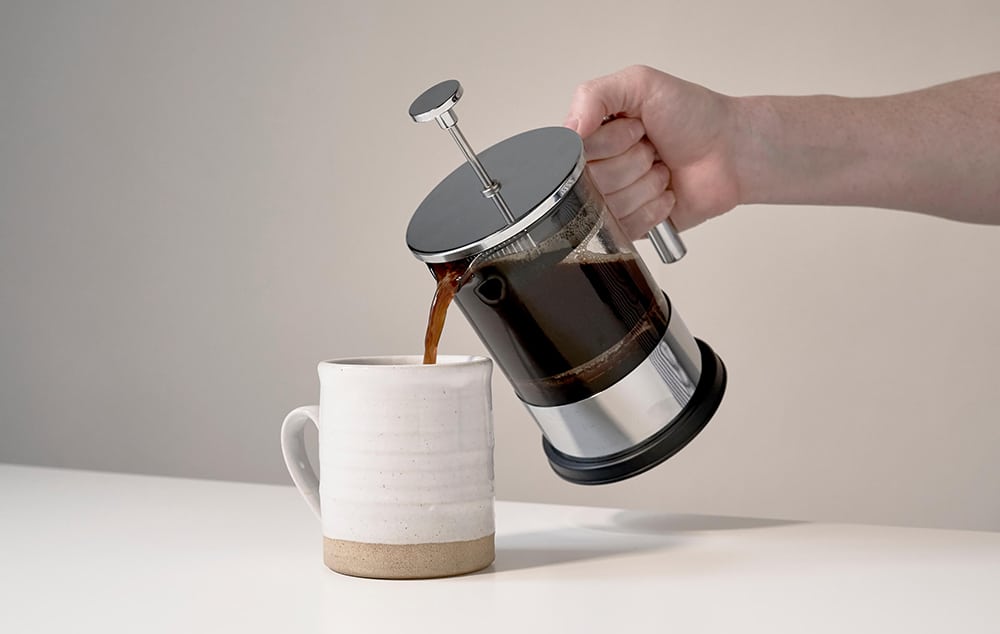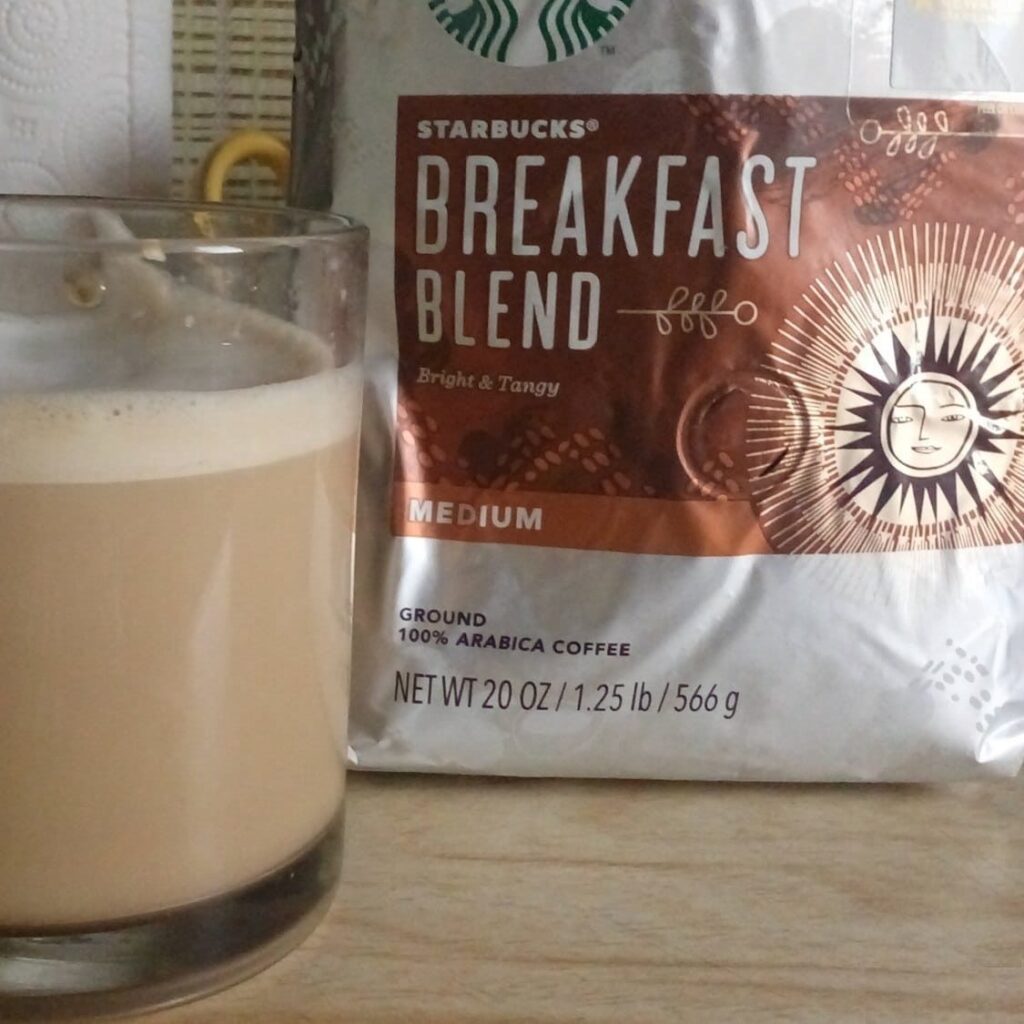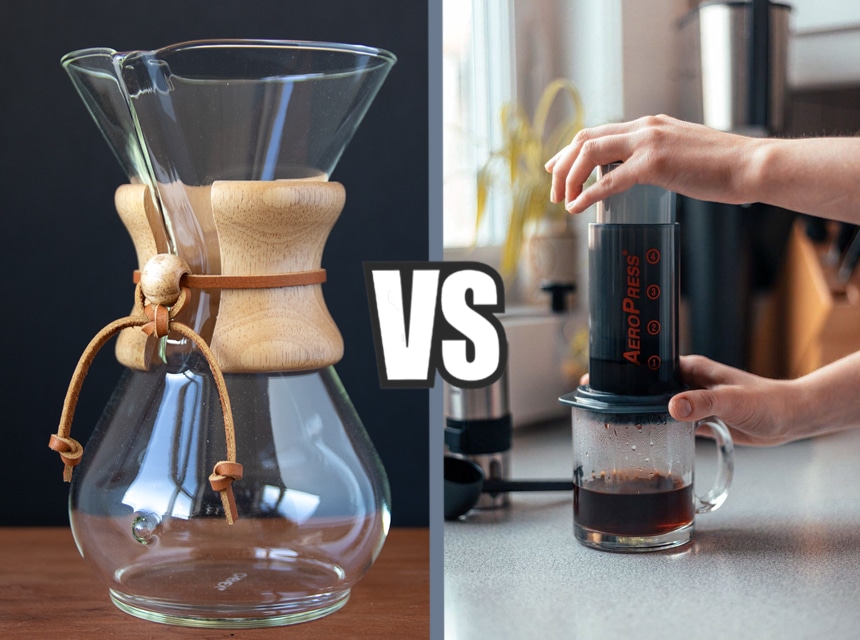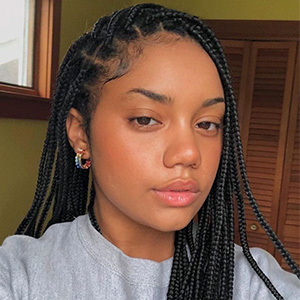

According to statistics from the National Coffee Association, around 62 percent of people living in the United States drink coffee daily. Coffee is widely regarded as a stimulant that can drastically increase energy levels and make people feel sharp, invigorated, and awake. No wonder that many cannot go a single morning without having a cup of coffee. However, for some folks, the opposite is the case. After drinking a cup of coffee, they get tired instead of feeling themselves refreshed. They ask: “Why does coffee make me tired? Am I brewing it wrong? Is there something wrong with me?” In this post, we will consider why coffee can make you tired. We will also see how to minimize the drowsy effects of coffee.
Read on to find out more.
If you find yourself feeling sleepier after drinking coffee, rest assured that you are not alone. In fact, many people experienced exactly the same effect. Why a normally rejuvenating drink makes you feel tired is tied to some effects on your body. Before we delve into the reasons, let us first talk about the impact of caffeine on your body.

In the brain, the caffeine stimulates the release of dopamine, a neurotransmitter regarded as the “pleasure chemical”. This is why many people are, whether they admit it or not, addicted to coffee – it makes them feel good.
Furthermore, the dopamine increases the rate of heartbeat, delivers oxygen to the muscles, increases metabolism, and boosts overall energy levels. The coffee is an “awakener” and useful for improving energy levels. Caffeine increases awareness, coordination, and so on.
After knowing these effects on the body, it sure seems strange that this drink can cause tiredness.
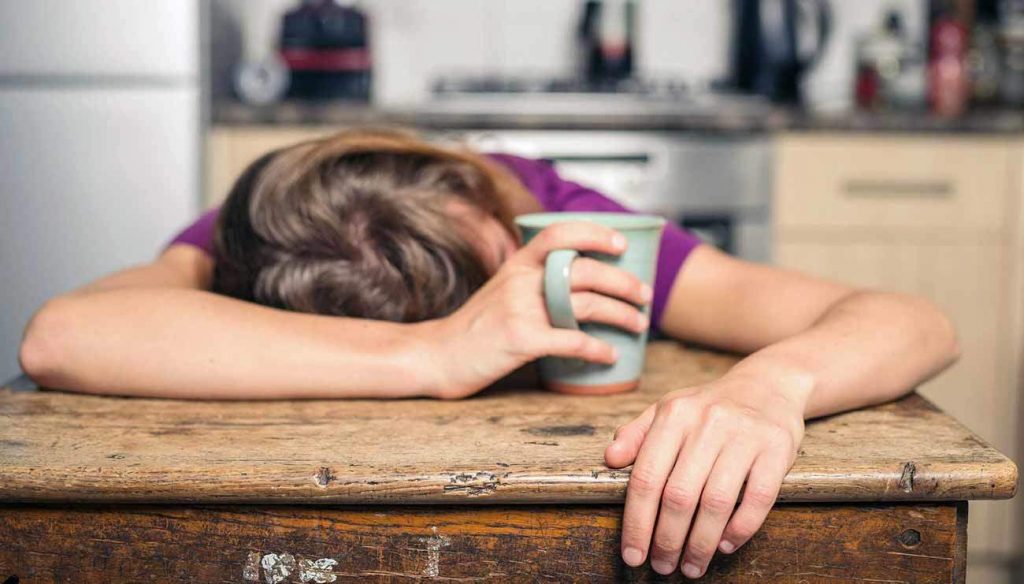
Now let’s talk about some of the reasons why you can feel tired after drinking coffee:
Adenosine is a brain chemical that serves as an important element in the sleep-wake cycle. When you wake up, there is an increase in the chemical and a reduction during sleep. Adenosine binds to some special receptors in the brain and slows down brain activity.
Caffeine blocks adenosine receptors, thus preventing adenosine from binding to them. When this happens, you will experience an upturn in alertness. But, at the same time, caffeine doesn’t stop the production of adenosine.
However, caffeine quickly wears off as the body quickly absorbs it. The rate of absorption differs from person to person, but in most cases, your body will absorb 99 percent of coffee within 45 minutes of drinking it.
Once this “high” wears up, a lot of adenosine is free to bind with special receptors in the brain, thus causing drowsiness. The receptors are flooded with this chemical, drastically increasing your drowsiness.
If you are an observant coffee drinker, you will notice that after you drink a cup of coffee, you tend to urinate more often.
How does this cause drowsiness?
As a result of increased excretory activity, you can get dehydrated very quickly. Dehydration is a significant reason for tiredness or drowsiness.
As we said earlier, people react differently to coffee. Hence, while some might want to go to the bathroom more frequently, others might feel no such effects. Usually, people don’t drink enough water during the day, because coffee makes them feel that they don’t want to, which can be a significant reason why they feel drowsy after drinking it.
Additionally, after a cup of coffee, your heart rate tends to increase. It also raises your body temperature, which causes you to sweat. Furthermore, the more you sweat, the more moisture you lose. You can see why, despite its stimulating effects, coffee can make you sleepy.
By reducing the amount of water in your body, your blood pressure and flow are affected. To counteract the resulting sleepiness, some reach for yet another cup of coffee that only continues the cycle.
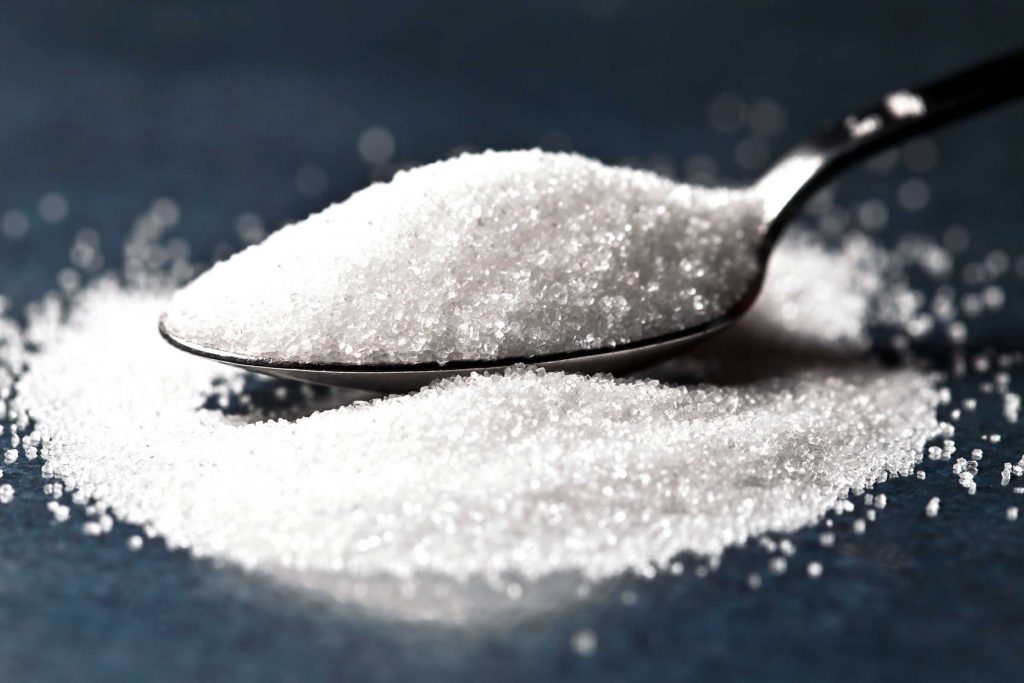
While the body absorbs the caffeine really fast, it required way less time to process sugar. Therefore, after the “high” that coffee plus sugar delivers to your body, you will suffer an energy slump. It will come within 90 minutes after the cup of coffee.
We realize that asking you to quit drinking coffee altogether might be an unattainable task. However, with a few adjustments can be made here and there, so you can enjoy the reinvigorating effects of coffee with minimal drowsiness. Here are some of the things that can help.
There is a recommended limit to the amount of coffee you can drink in a day. Drinking about 400mg of coffee should be sufficient to keep you alert without any energy losses later in the day. Keep in mind that you might be getting caffeine from other sources. Energy drinks and soda are some culprits. Thus, you might have to choose between a cup of coffee or drinking these other beverages.
You can also reduce the amount you drink at a go. Bring a thermos with you and sip your cup of coffee throughout the day to help you reduce the potential chances of getting tired. If you don’t have one, you can check out our review of the best coffee thermoses and choose the one that suits all your needs.
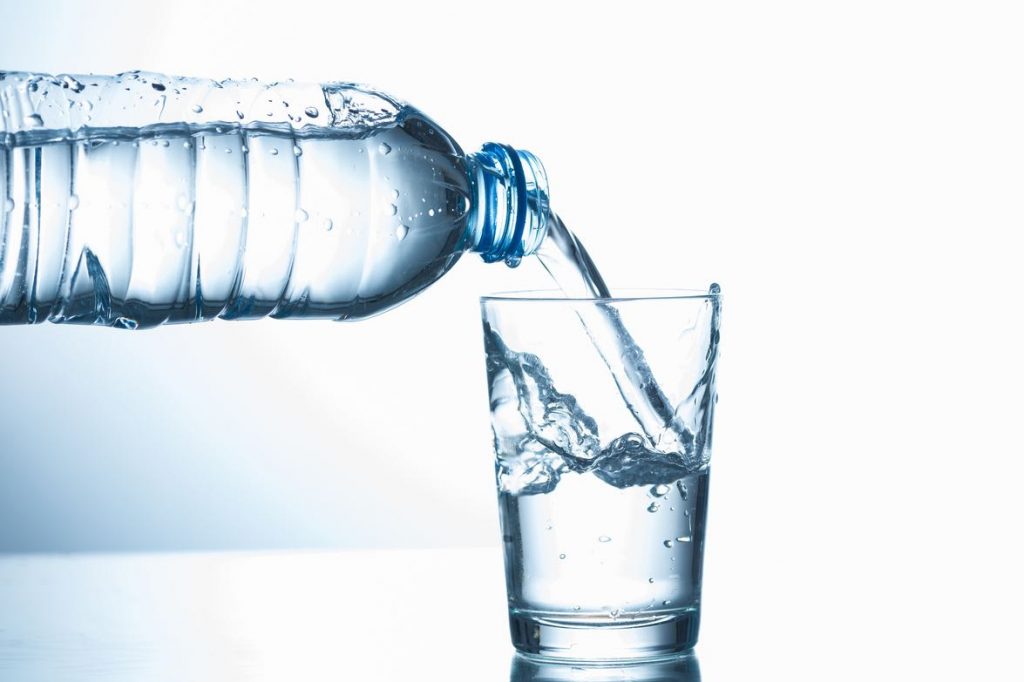
Remember that coffee is a diuretic. Hence, replenishing the fluids lost from drinking coffee can counteract dehydration. Drink more water!
If you know you that you tend to suffer a sugar crash, then it might be smarter to avoid sugar in your coffee. You can try other sweeteners like sugar-free syrups or honey. If you cannot do without the sugar, then you should, at the very least, limit the amount you put in your drink.
You have asked us in the beginning: “Why does coffee make me tired in the morning?” Well, after reading this post, we hope you realize the specific reasons why that cup of coffee makes you feel that way. You don’t have to give up your coffee. By following the tips in this post, you can enjoy your coffee without feeling the drowsiness that comes with it!
